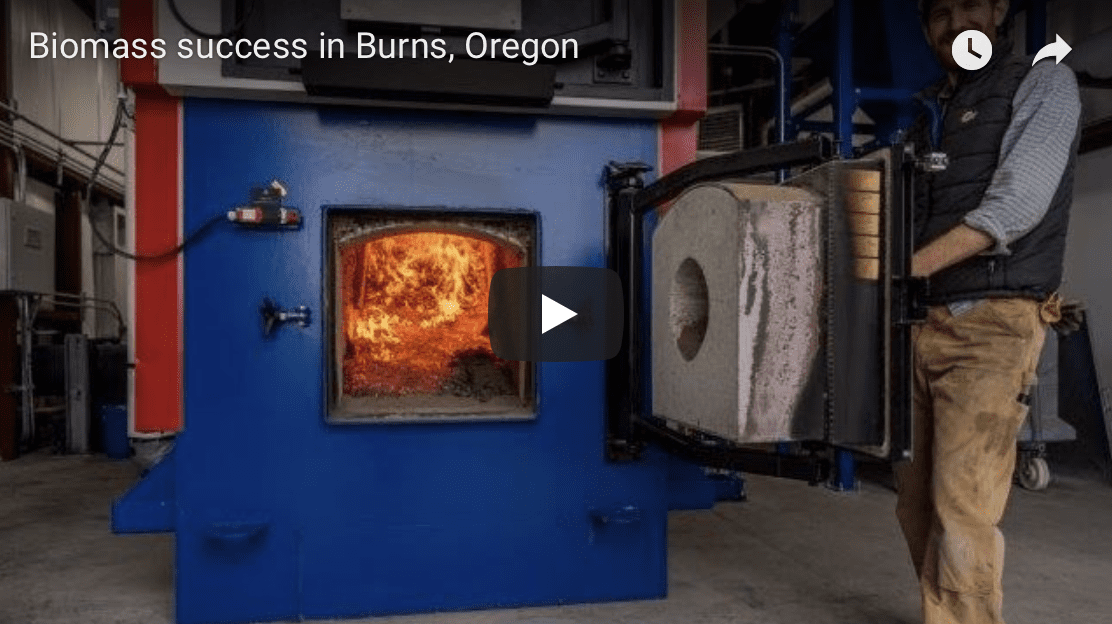Annual Report Shares Successes and Lessons of 2016 and Beyond
Annual Report Shares Successes and Lessons of 2016 and Beyond
The U.S. Endowment for Forestry and Communities (Endowment) today released its 2016 Annual Report titled, Rooted: 2016 Annual Report and a Look Back at the Last Ten Years. The report highlights a broad spectrum of work undertaken or furthered by the Endowment in 2016, focusing on both success and lessons learned.
“Transparency and communication are at the core of our values at the Endowment,” said Endowment President & CEO Carlton Owen. “As such, we strive to provide a comprehensive, engaging, and revealing report at the end of each year that shares our story with our peers and others with interest in our work. This year’s annual report has the added value of highlighting the broad scope of work we’ve undertaken since our inception in 2006.”
The “Rooted” theme recognizes the accomplishments of the Endowment in the last ten years, starting with a few small grants and growing to a diverse portfolio of programs and projects spanning from coast to coast and touching all areas of American’s forests and the broad range of benefits that they provide. In this report we share projects by their stage of development: seed, sprout, and sapling. Among the Endowment’s notable 2016 accomplishments:
• Seed. Tall wood buildings and cross laminated timber (CLT) were the focus of much research and development in 2016. Addressing the challenge of modern buildings codes and increasing efficiencies in the supply chain for mass timber production and delivery will receive added emphasis in 2017.
• Sprout. Year 1 of the Endowment’s partnership with the Environmental Protection Agency—the Healthy Watershed Consortium Grant Program—saw a record number of applicants for any Endowment program and resulted in funding to nine dynamic projects in every corner of the country.
• Sapling. The Sustainable Forestry and Land Retention (SFLR) Program, part of the Endowment’s Asset Creation Initiative, continues to see significant successes and expanded in 2016 to include two new states—Georgia and Arkansas. The report shares both the personal story of one family’s engagement with the SFLR program as well as prestigious recognition by the U.S. Department of Agriculture.




